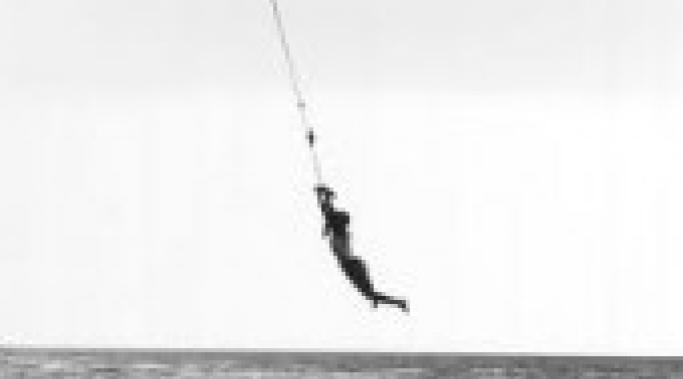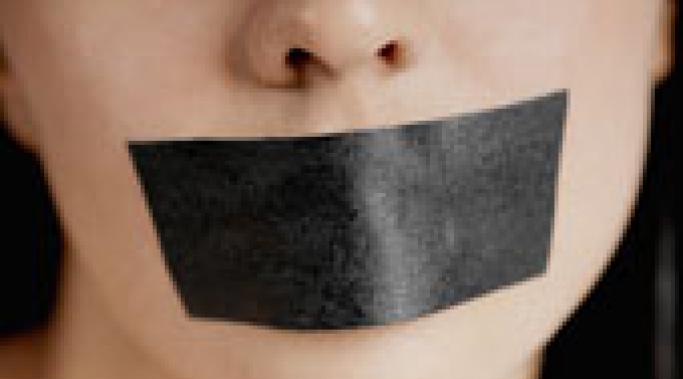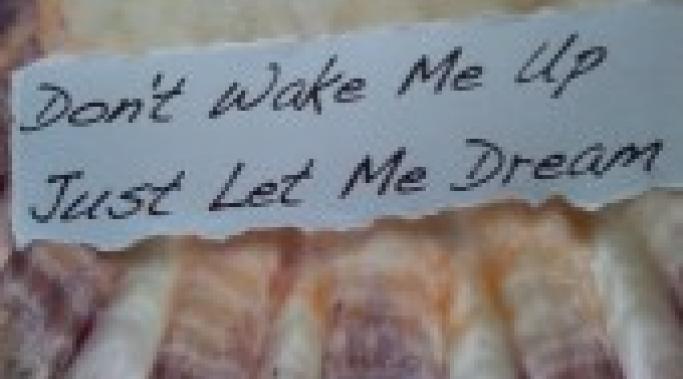I recently learned that several friends of mine also are struggling with their eating disorders, and that it hurts even though I also have an eating disorder.
Surviving ED
You cannot always tell a person has an eating disorder simply by looking at him or her.
I stressed that because one of the most common and enduring myths about eating disorders is that the person must be young, female, and extremely emaciated to have an eating disorder.
That is simply not true.
I live in a small town, and it was very noticeable when I first developed anorexia four years ago. The roller coaster of recovery and relapse also has been very noticeable, and each time I find myself having to explain either weight loss or weight gain. It's frustrating because I am more than my eating disorder.
Eating disorders can be extremely isolating and lonely. Counting calories or throwing up your food after you eat makes it hard to be around other people. There is the fear that you might eat too much, or that someone will notice that you are just pretending to eat. It takes a lot of energy to hide your eating disorder symptoms, and that makes it easier to stay home and disconnect from your friends.
I have been very lucky. My friends know about my struggles with anorexia, and we have stayed close in spite of my attempts to isolate and hide at times. This week I was again reminded how important friends are to me, and how they play a role in helping me stay in recovery.
"We must be willing to get rid of the life we've planned, so as to have the life that is waiting for us." ~ Joseph Campbell
I have struggled with anxiety and depression for weeks. Several mornings I stay in bed, huddled under my covers where it feels safe, until the very last possible moment. I think about the life I had before I developed anorexia. My husband and I were still together, sharing life and love, enjoying each other's company and spending time with family and friends.
For some reason, I knew drinking a glass of wine at 9:30 in the morning was not a good way to start off the week.
I have been struggling, and that includes continuously arguing with that Nazi Brunhilde voice in my head that keeps telling me I am fat and don't deserve to eat.
It has been a bad week.
I have run into many people who just don't understand eating disorders since I developed anorexia in my early forties. Many people would ask me, "Why don't you just eat?" They did not realize I was terrified to eat. In this video, I talk about some common misconceptions about eating disorders and what we can do to educate people.
Many days I don't want to get out to bed.
I am dealing with some difficult life issues right now, and of course the first thing I turn to is restricting my food intake in order to numb the pain and anxiety I am feeling.
There are some days that I feel as if this will go on forever. I contemplate my future and I can't see the light at the end of the eating disorder tunnel.
My thinness is an outward manifestation of my inner pain that I am unable to voice.
This is my last year of graduate school and I have started working on my thesis. It will be a creative non-fiction piece divided into two parts. One part will be about my struggles with anorexia nervosa, and my ultimate decision to begin the work of recovery in the midst of personal chaos. The other piece will review the memoirs and creative non-fiction writings written by women who have experienced anorexia and/or bulimia.
I deliberately chose to write my thesis about women only, in part because I plan to apply feminist theory to my thesis and I believe that eating disorders develop differently in women and men.
I have been enmeshed in writings about eating disorders these past few weeks, and I have found a common thread throughout the writings that resonate with my own experiences with anorexia.
Silence. At some point, each of these women have written about feeling silenced and having to regain their voices during recovery.
I believe at heart that eating disorders are illnesses of silence, of an inability to speak about inner pain, to give voice to what we are feeling and going through in the deepest reaches of our souls.
What would a world without eating disorders be like?
It would be a world of unimaginable freedom for everyone. It would be a world that each one of us could thrive in.
It is only a dream of mine. But think of the possibilities . . .







